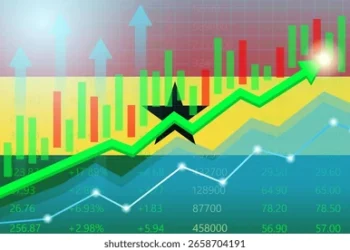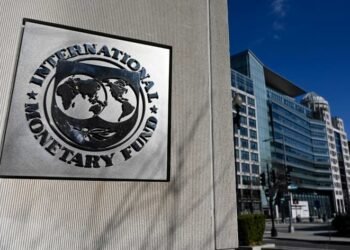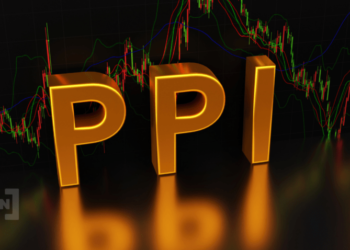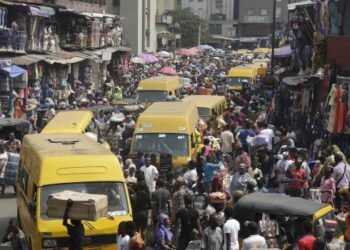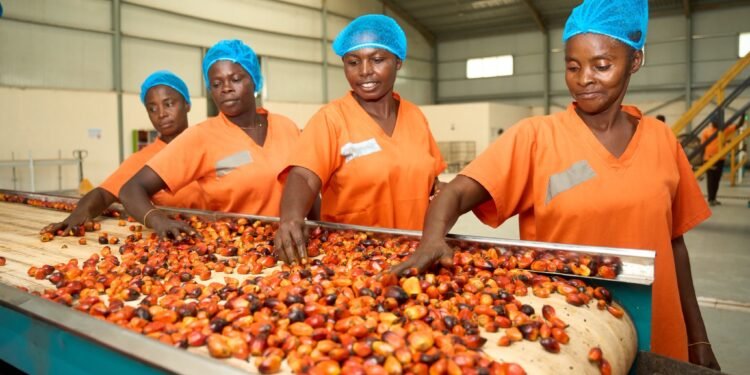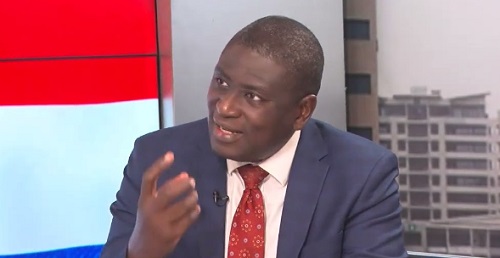The Ghanaian cedi has seen a period of outstanding stability and modest appreciation in recent months, and the Bank of Ghana (BoG) insists this performance is not due to heavy injections of dollar reserves.
Instead, the central bank attributes the currency’s resilience to strengthened market confidence, structural reforms, and favourable macroeconomic conditions.
BoG Governor Dr. Johnson Asiama dismissed growing speculation that the central bank is artificially propping up the cedi through aggressive dollar sales. “The stability that we are witnessing now has nothing to do with the fact that we are selling reserves,” he stated.
“All that we are doing now is strengthening the surge in inflows and implementing foreign exchange market reforms. It’s the combination of these factors that is enhancing the cedi’s recent stability.”
Dr. Johnson Asiama
Since December 2024, the cedi has held firm against the US dollar, even appreciating on several trading days. As of April 2025, Bank of Ghana data indicated that the local currency had gained 2.76% against the dollar—one of the most sustained periods of strength the cedi has experienced in recent memory.
This appreciation is reflected in commercial banking rates. According to a Bloomberg report, some banks were quoting the dollar at GH¢15.58, with others offering even lower rates around GH¢14.38. These figures signal renewed confidence among traders, investors, and the general public in the strength and stability of the cedi.
What’s Driving the Cedi’s Stability?
The BoG credits a range of interlinked factors for the currency’s current performance. Dr. Asiama explained that the cedi’s rebound is largely driven by macroeconomic improvements, a favourable global environment, and coordinated policy efforts between fiscal and monetary authorities.
Remittances from abroad have increased significantly, offering a steady stream of foreign currency. At the same time, Ghana’s traditional export sectors—particularly gold and cocoa—have posted stronger earnings, improving the country’s external balance and adding to the pool of foreign exchange.
Domestically, the synergy between fiscal discipline and prudent monetary policy has created a stable environment that supports investor confidence. By maintaining a tight grip on inflation and ensuring responsible public spending, the government and central bank have fostered conditions conducive to currency stability.
In addition, the global weakening of the US dollar has created a more favourable backdrop for emerging market currencies, including the cedi. This broader trend has allowed the Ghanaian currency to gain ground without the need for aggressive central bank intervention.
Rejecting a Return to a Fixed Regime
Despite the cedi’s stability, Dr. Asiama was quick to shut down any speculation about a return to a fixed exchange rate system. He emphasized that the Bank of Ghana remains committed to a market-determined exchange rate regime, where supply and demand dynamics set the tone for currency valuation.
“Whatever measures we are implementing will not lead to a fixed exchange rate for the Ghana cedi,” he affirmed. “We believe in allowing market forces to determine the rates, and that is what is going to happen.”
This approach marks a deliberate shift from past strategies that relied heavily on deploying foreign reserves to manage the exchange rate. The current strategy focuses on building long-term resilience through reforms and market-based mechanisms.
Instead of depleting its dollar reserves to defend the currency, the BoG is investing in deepening foreign exchange market reforms. These reforms aim to increase transparency, improve efficiency in interbank trading, and strengthen the regulatory framework guiding forex transactions.
The central bank believes that real and lasting currency stability must be built on strong fundamentals, not temporary fixes. With these reforms, the BoG is laying the groundwork for a more robust and self-sustaining forex market that can withstand shocks and speculative pressures.
Despite the encouraging signs, Dr. Asiama cautioned that sustaining the cedi’s gains will require continued policy vigilance and economic discipline. Global uncertainties and domestic challenges could still pose risks to the currency, and the BoG remains alert to shifting dynamics.
“The fiscal side has been supportive of monetary measures, helping to maintain the current development,” the Governor noted. “We must continue along this path to ensure that we consolidate the gains made so far.”
The central bank’s focus on long-term stability, rather than short-term fixes, signals a more sustainable path forward for Ghana’s currency.
READ ALSO: President’s Supreme Court Nominations Spark Public Discourse, Not Panic




